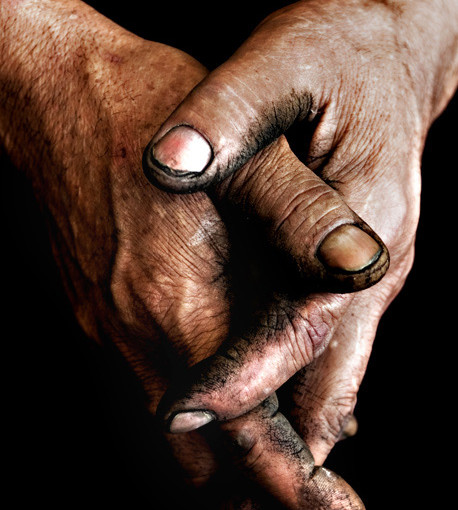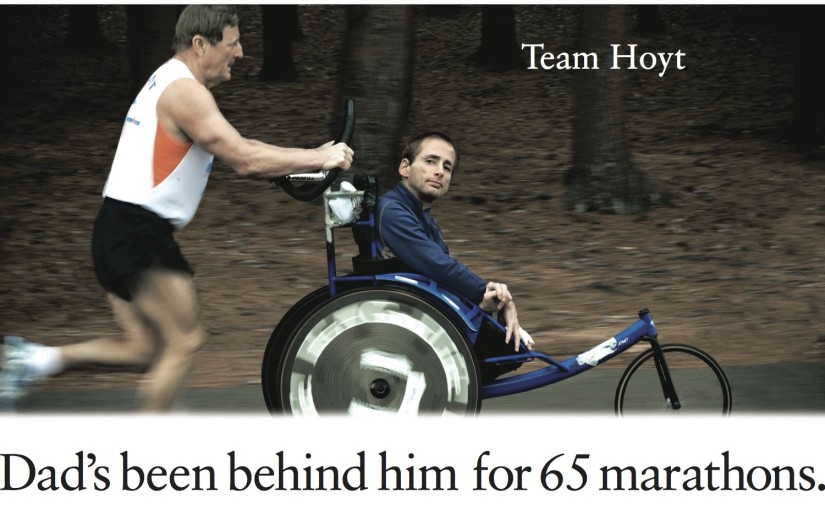“Thou hast made us for thyself, O Lord, and our heart is restless until it finds its rest in thee.”
Augustine of Hippo, Confessions Book I, Chapter 1.[1]
The Uncanny Nature of Existence
There is something uncanny about being human. Something so peculiar that we can’t exactly place our finger on it. Whether in the sweetest or most painful moments there is always a dull sensation in the back of our mind that we are not at home, we are restless. We are eager to be home, to find our rest.
When we look at our surroundings, we find free spirited individuals living on park benches, campsites, or squatter communities. We recognize this because they are living in a place that is not their natural habitat. And yet we seem to miss that fact that we are also living like fish out of water.
Parks are wonderful to visit, but in the long term cannot fully sustain our life. The requisites of a home are those things that fully lead to human flourishing. Whether our sweetest or saddest moment, we are left with the nagging twinge that there must be more to life than this. There has to be something that is our true home.
Signposts of Home
Our human experiences are signposts pointing us to something fundamentally other than ourselves. These experiences are comforting to us because they remind us of home, even though we feel as though we are not. This deep sense of “not-at-homeness” was encapsulated in the book by Martin Heidegger, Being and Time. He used the word, uncanny, or in German unheimlich. He put it this way.
Unheimlich is the fundamental groundlessness of our existence, this profoundly felt sense of not-being-at-home, wherever one would be.
Being and Time – Heidegger 1962, 214.
Far from finding this concept foreign to the Bible, the writer of Hebrews describes this very feeling and tells us where this homelessness, this unheimlich, points.
Heb. 11:8 By faith Abraham obeyed when he was called to go out to a place that he was to receive as an inheritance. And he went out, not knowing where he was going. 9 By faith he went to live in the land of promise, as in a foreign land, living in tents with Isaac and Jacob, heirs with him of the same promise. 10 For he was looking forward to the city that has foundations, whose designer and builder is God.
Finding our Home
We are all seeking a community and friendship that will last. We honestly don’t know what we actually are looking for, but when Jesus finds us we can finally say, “This is what I have been looking for all my life.”
We only discover this home, this rest, when we discover the greatness of God. He is the one whom we desire and truly seek. We will spend our lives in this uncanny existence seeing beautiful sunsets, wonderful beaches. families, friends and jobs whispering to us, flirting with us. They will promise only what they can point to, not what they really are. They are signposts and appetizers to the true beauty, the true home the true satisfaction that God is.
CS Lewis put it wonderfully, “The fact that our heart yearns for something Earth can’t supply is proof that Heaven must be our home.”[2]
God invites us into this rest not in here after, but in the here and now. Find your rest in Him.
[1] cor nostrum inquietum est donec requiescat in Te.
[2] CS Lewis, Mere Christianity book three, chapter ten



